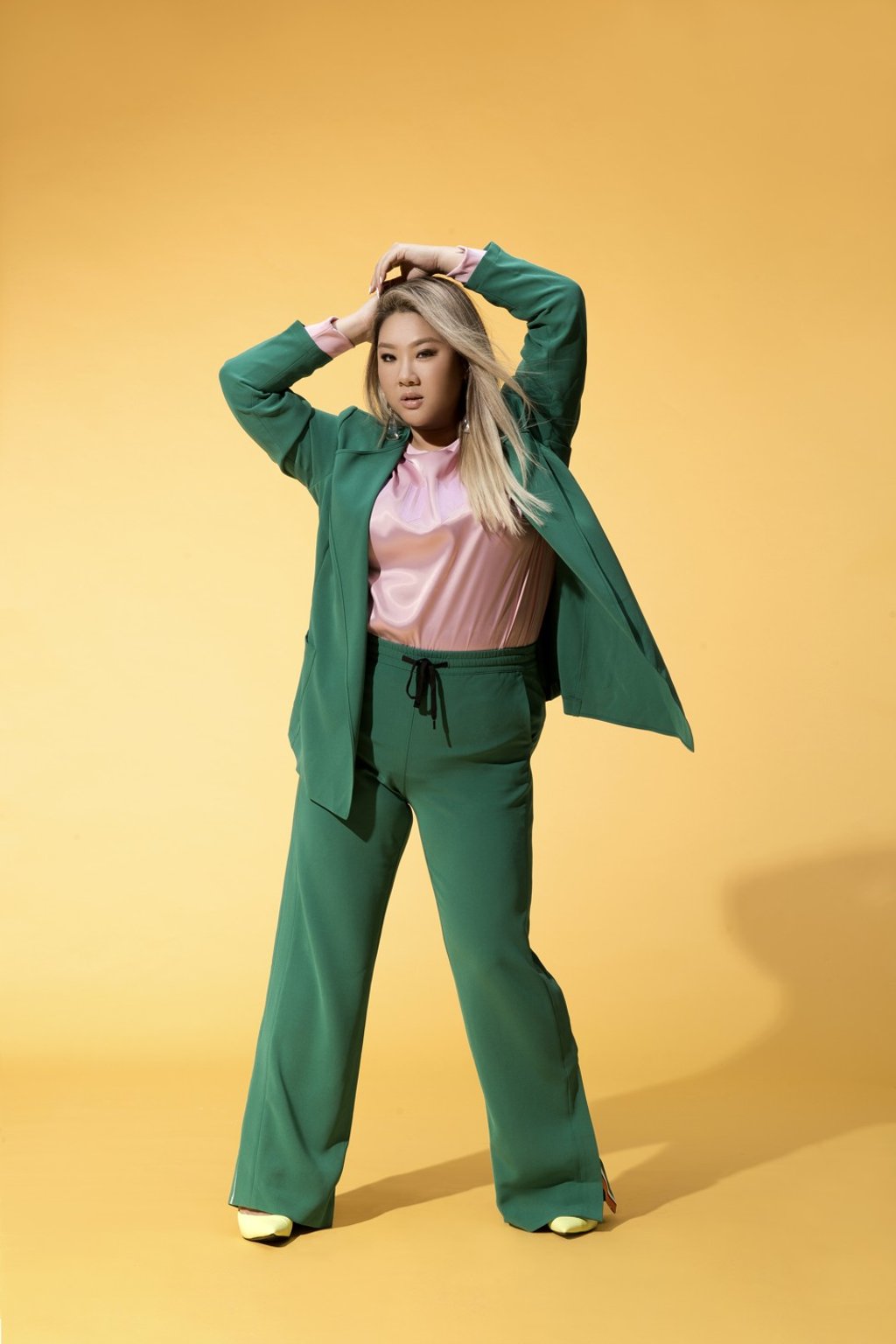How gender inequality in film and entertainment isn’t just a Hollywood problem
- Actress and singer Joyce Cheng talks about how Hong Kong’s entertainment industry is easier on men as experts highlight global issues
- Cheng was one of 55 women who took part in the Netflix and UN Women project ‘Because She Watched’ to mark this year’s International Women’s Day

Actress-singer Joyce Cheng Yan-yee has endured a turbulent time under the spotlight in Hong Kong, where she says the local media fetishises female celebrities.
“I’ve felt all of the insecurities that anyone ever goes through, but times 1,000. I’m always being told I am not enough,” the 32-year-old Hong Kong-Canadian tells the Post in an interview.
“[Women in the industry] are always scrutinised for the way we look, for our shape, for our size, for the height of my nose, the shape of my face. And I feel like it’s not as bad for males.”
Despite small progress being made in recent years – the 2019 Academy Awards, for example, saw a record 15 female winners – gender inequality and stereotyping is still prevalent in the global entertainment industry.

Discrimination against women in showbiz is “structural”, says Dorothy Lau Wai-sim, an assistant professor at Hong Kong Baptist University’s Academy of Film. “Talents, creative or technical … are mainly men,” she adds.